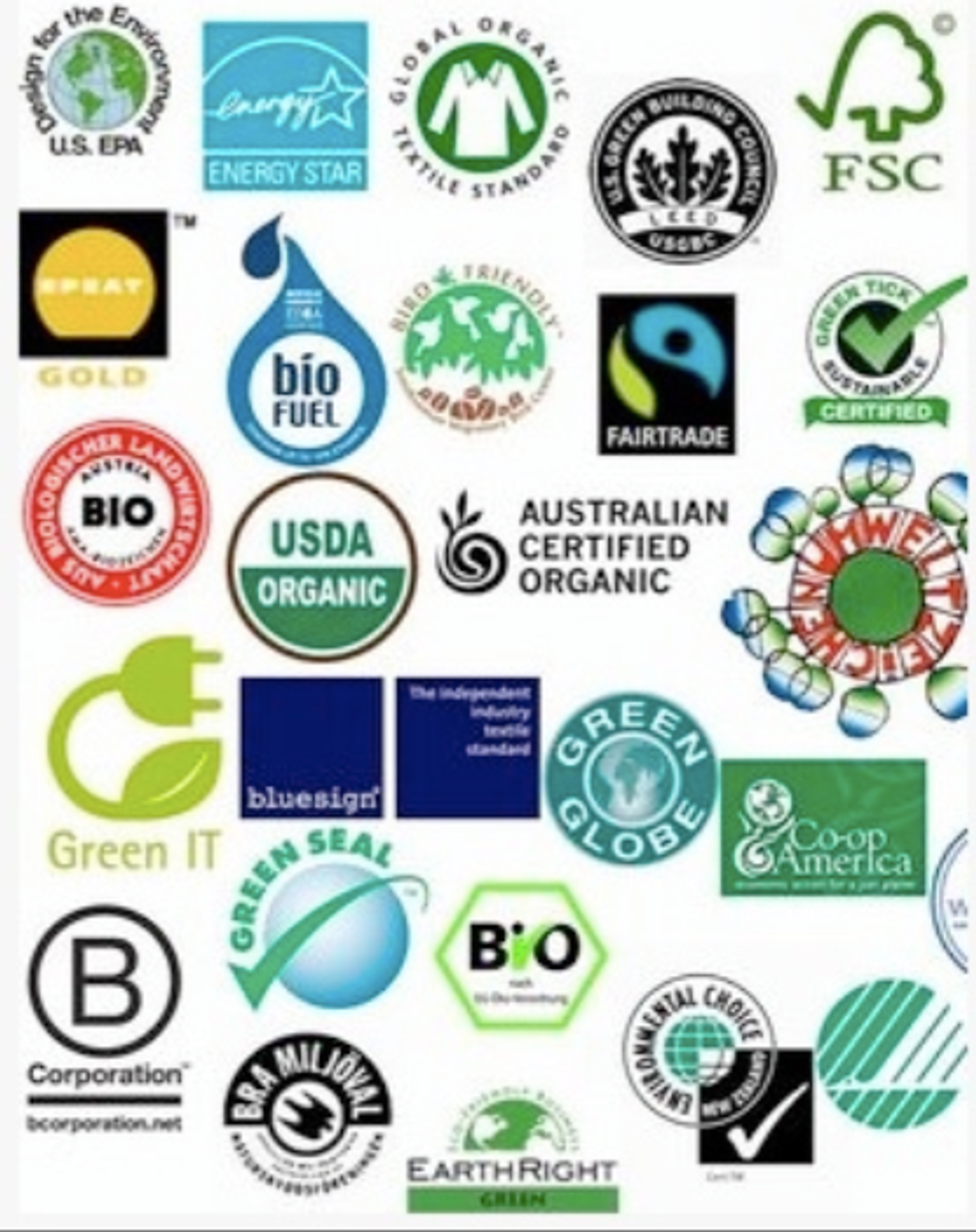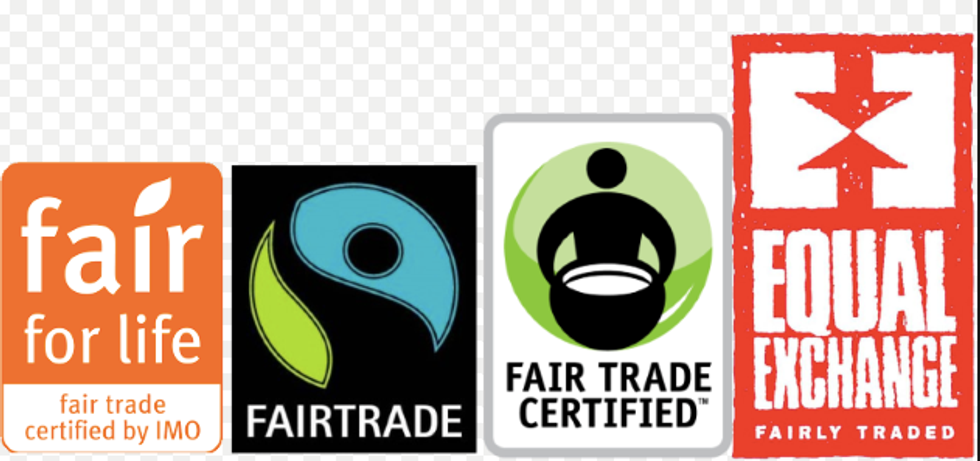I’ve recently read a book called "Where Am I Eating?” It is a sequel to "Where Am I Wearing?” by Kelsey Timmerman. He is an outrageously kind and thoughtful man who sets out to meet the actual human beings who's hard work goes into making the clothes we wear and farming, catching, picking and processing the food we all eat on a daily basis. Foods that we complain about having to pick up from the grocery store.
This man visits average farmers, rich and poor, all over the world in their homes and actually sees how they live. He goes to work with them and performs the same duties that are expected of the farmers. The books are definitely worth the read, it is the least we can do! He literally walks miles in their shoes because most of these people have to walk miles a day to make the small salary they are barely entitled to. There are no other options. These are their opportunities. This is the only way of life for them. While they're dreaming of an opportunity for a better life, millions of Americans are wasting theirs.
We buy our food and many other products from all over the world. People put their livelihoods, even their whole lives on the line, to make sure we are getting quality products. They have no safety regulations, no protection and deadly practices. Without our satisfaction, their families do not eat. From banana farmers being sprayed with pesticides to lobster catchers risking diving with absolutely no training and many health risks. They endure long hours in scorching heat, mile walks in pouring rain using trash bags as cover. What I noted most from Timmerman’s book is that none of these people let their lack of opportunity keep them down. They were all grateful to have what little they did have. They fight for their rights to safe and fair practices. They weren’t overcome with envy, complaining about how it wasn’t fair that they were subjected to this life.
Yet, in America, we see and hear people everyday complain about their lack of opportunities in America. There is always something unfair about life. We are complaining about only making enough money for food on the table. The people providing your food may not eat today. We complain about college tuition and grade school lunch, while other students would feel lucky to sit in a normal classroom outside of a wartorn country. We have financial aid for the poor, and they still want more. When will it ever be enough? While other countries still have no running water and would be grateful for a simple meal, we complain about our cheap, fast-food order being wrong.
Cheap food is all around us. We eat what is convenient. When we do buy groceries, we are usually buying from farmers out of the country. We put what looks best in our basket. Looks can be deceiving. This convenient food is not always quality food and the money spent on it barely goes to people who actually put work into it. I'm talking about farmers, fisherman and their help. They work so hard to get so little. Why are we not supporting them? Why are we contributing to a CEO's new toy, instead of taking care of the farmer's boy? Even worse, slaves are still being used on farms all over the world. Whether they’re victims of slave trade or a slave to money like us all, the conditions they live and work in are often worse than we could imagine. We buy products that someone was either forced to produce or paid very little to because they have no other options. We don't want to support such behavior but if we stop buying, they stop living. There is no Burger King down the street for them to work at until they find something better. There is nothing better.
Something from Kelsey Timmerman's book really stuck out to me. It said:
"The worst place I've ever been in my entire life is the Phnom Penh City dump in Cambodia. That place is hell on Earth. All day long dump residents dive into piles of burning trash that produce clouds of toxic smoke, looking for something of value. They earn $1 per day doing this, and most of them were farmers before. They heard about this opportunity to work at the dump. If the worst place I've ever been in my life -- my hell on earth -- was somebody else's opportunity what, then, must life have been like on the farm?"
This speaks volumes. In America, we wouldn't dream of doing such atrocious things. It's funny how different our dreams are from each other's only because some were lucky enough to be born elsewhere. It pains me to see all of the people living in oblivion who could easily have great lives, while people with the brightest souls full of ambition suffer so greatly. But what can we do? We are all one tiny part of a huge whole. A portion of us won't worry because they don't need to. They are not affected in any way. Many see the injustice but feel there is nothing they can do. I too, have no clue to a solution.
I do know that after reading that book, I am aware. I have the ability to choose where the food I buy comes from. Instead of eating convenient, I'm cautious of what I'm putting into my body. I'm questioning where my food is from and who helped get it here. Eating organic is not only good for you but better for our farmers. You can find out if the labels you're eating are good for you, the environment and farmers, here.
Look for labels that support the Fair Trade movement whose stated goal is to help producers in developing countries achieve better trading conditions and to promote sustainability. Members of the movement advocate the payment of higher prices to exporters, as well as improved social and environmental standards. My main goal is to help raise awareness. While I may not have a solution, someone else will. The more people understand what's truly going on in the world, the better chance we have at helping others. Learn more by clicking on links and pictures! Be aware, share, support hard workers and don’t you dare waste these opportunities you are fortuitous enough to have!























